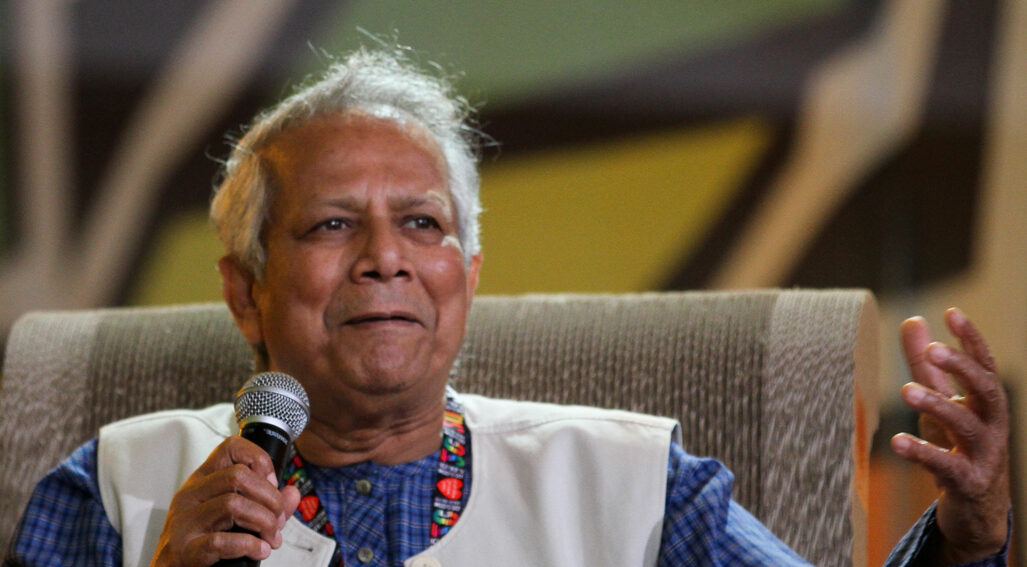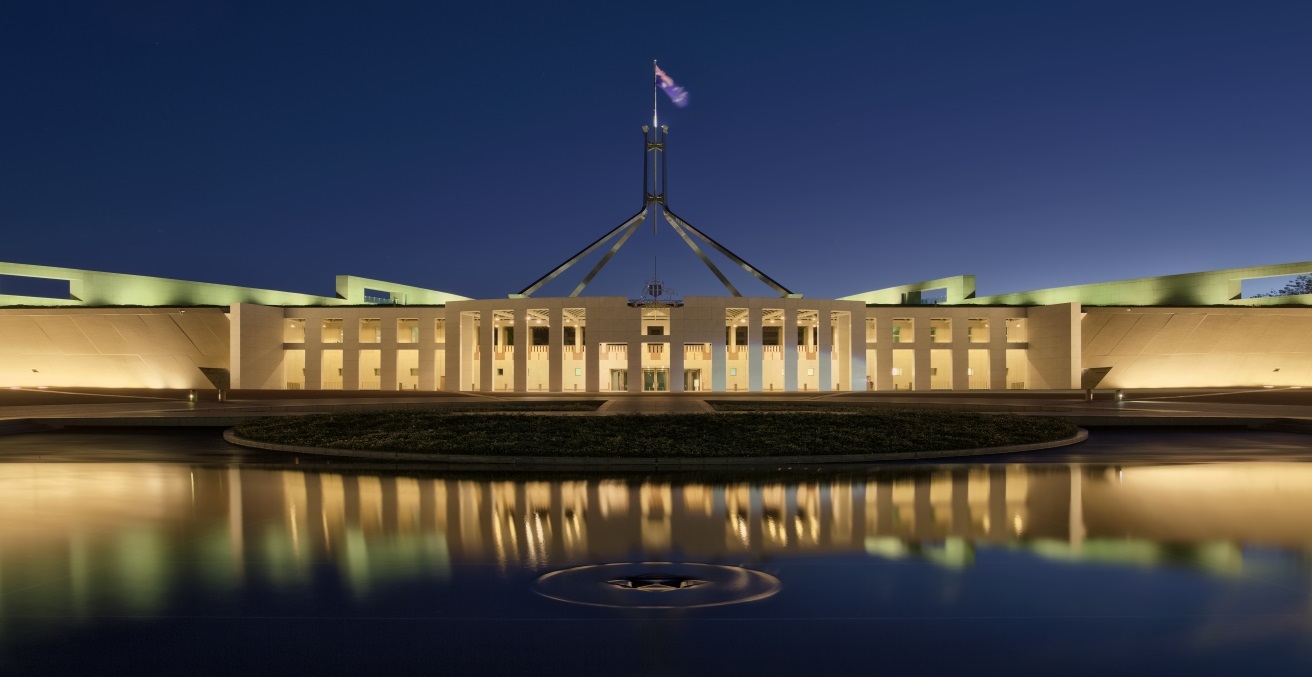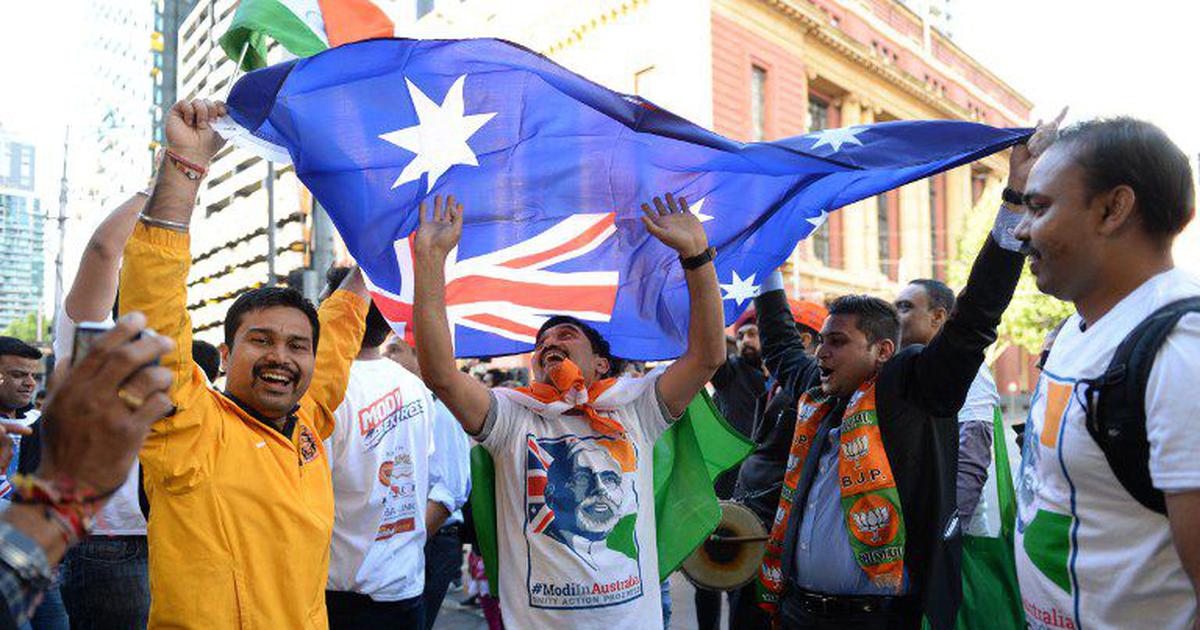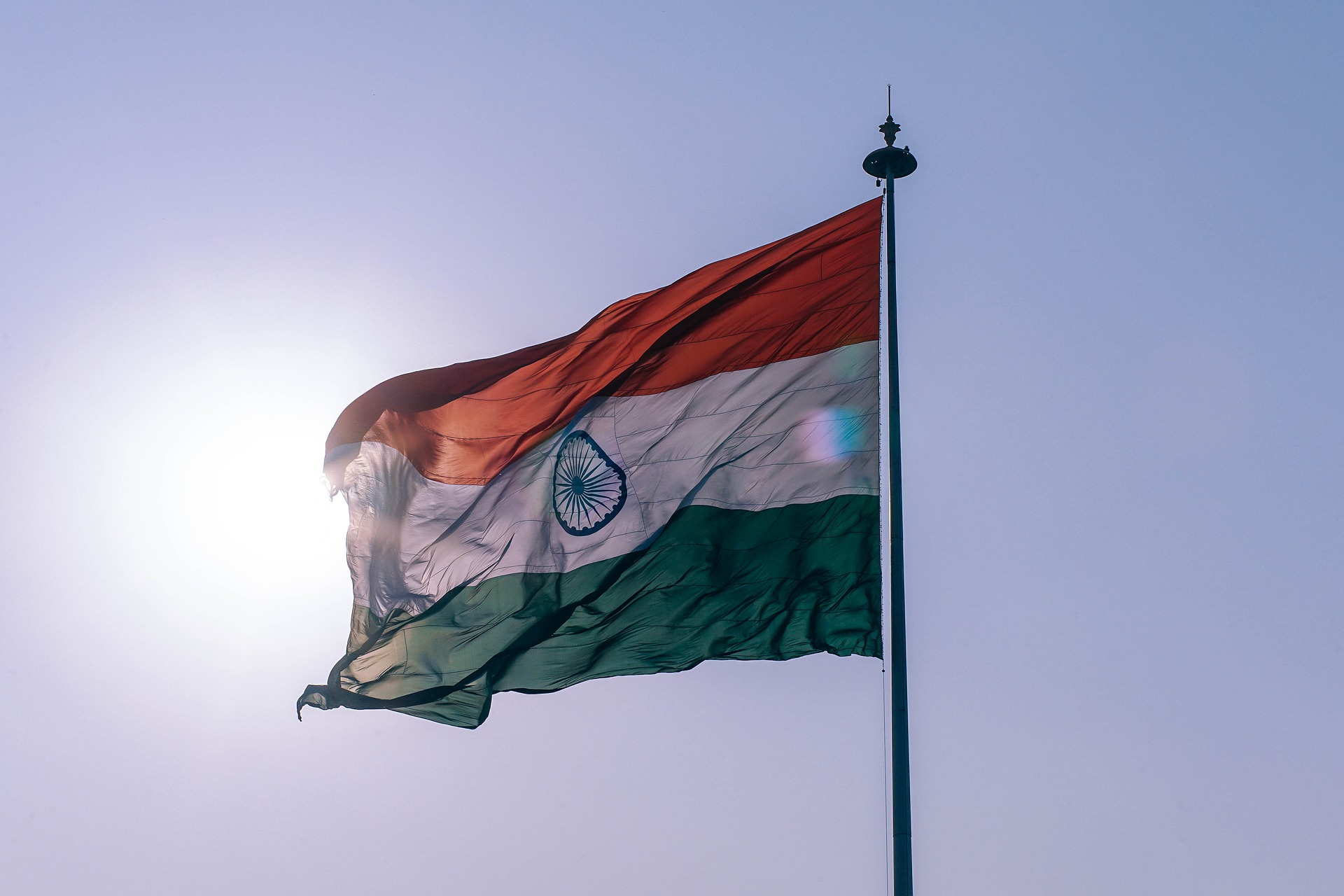Bangladesh’s interim government under Muhammad Yunus is driving bold reforms and prosecuting Sheikh Hasina in exile, but rising violence and political rifts threaten stability. The 2026 election will decide whether this upheaval delivers real democratic change or deeper turmoil.
Introduction
On 05 August 2024, Bangladesh’s long-serving Prime Minister, Sheikh Hasina, resigned and fled to India following a student-led uprising. An interim government led by Nobel Laureate Muhammad Yunus as the “Chief Adviser” was formed on 8 August 2024 to restore legitimacy and order. This article examines the current state of Bangladesh’s interim government, analyzes the allegations against its former leader, and considers the wider implications for national politics and international relations.
The Good
– Shaking up the once untouchable bureaucracy
The interim government has pursued an aggressive legal and political overhaul. For instance, it has legislated the Public Service (Amendment) Ordinance, 2025, which aims to expedite civil service disciplinary actions by eliminating lengthy departmental proceedings and allowing summary discipline, including mandatory retirement, demotion, or termination, based on two show-cause notices for four specific violations. However, government workers protested the draft Ordinance, labelling it “repressive” and undermining labour rights. The revised draft of the Ordinance will be forwarded to the President for promulgation after vetting by the Law Ministry
– Rattling the taxman’s cage
The interim government has decided to split the National Board of Revenue (NBR) into two entities: the Revenue Policy Division (RPD) and the Revenue Management Division (RMD). The aim is to eliminate conflicts of interest between policymakers and policy enforcers, improve efficiency, transparency, and accountability, and expand the tax base to raise the tax-to-GDP ratio from 7.4% to 10%. This reform follows best practices in OECD countries, where Ministries of Finance set tax policy and autonomous agencies implement and collect taxes. The IMF has urged Bangladesh to increase this ratio by 0.5 percentage points per year, citing it as a key structural condition for continued financial support. However, the implementation of the NBR split was put on hold due to a nationwide strike in May/early June. Although the strike ended on 29 June, the NBR remains operational with the split yet to be implemented. If promulgated, the new legislation will arguably bring about much-needed reforms in curtailing executive overreach, corruption, and harassment of taxpayers.
– Intelligent cost-cutting
The interim government has reportedly reduced costs by approximately Tk 46,308 crore in 33 projects under the ministries of road transport and bridges, railways, and power, energy, and mineral resources. While the Chief Adviser’s press wing disclosed this information, neither the press release nor any media coverage specified how the saved money would be reallocated. However, in an address to the nation by the Chief Adviser, it was mentioned that the savings would be used to pay the debts of the energy sectors (without providing any details about the creditors).
– NCA freezing the properties of former ministers in London
Bangladesh’s interim government has diligently pursued, via diplomatic channels, the UK to identify, freeze, and repatriate illicit wealth embezzled by previous government officials. Accordingly, the UK’s National Crime Agency (NCA) froze luxury properties in London that were linked to Salman F Rahman, the former Member of Parliament and adviser to the former Prime Minister, and former Land Minister, Saifuzzaman Chowdhury.
According to a report in The Daily Telegraph, initiatives have been taken to liquidate part of Saifuzzaman Chowdhury’s assets to settle his outstanding debts. His property portfolio in the UK is estimated to be worth £170 million, comprising over 300 properties. Records filed with the UK’s Companies House indicate that Bangladesh’s United Commercial Bank is seeking repayment of approximately USD 350 million from Saifuzzaman.
The Bad
– Top AL leaders are managing to flee BD
Several high-profile figures of the fallen regime have already absconded via porous borders, often heading to India or other countries. Their escape has dented efforts towards establishing accountability regarding corruption claims and involvement in the brutality unleashed on protesting students during the 2024 uprising.
– Wholesale murder charges against unconnected persons
People who have nothing to do with political violence are being arbitrarily accused of murder in the tangle of mass cases. In a troubling turn, Iresh Zaker, a renowned advertising executive and actor, is included among 406 individuals named in a criminal case regarding the murder of a protester. The Cultural Affairs Adviser of the interim government called the case “deeply troubling, deeply disturbing”, highlighting growing concerns over weaponising the judicial process for indiscriminate or politically motivated legal actions.
– Political parties are not aligned with the spirit of the revolution
In post-revolution Bangladesh, the established political parties (particularly, the Bangladesh Nationalist Party (BNP) and the emerging student-led political party, the National Citizen Party (NCP) and other parties are deeply divided over various constitutional and political issues rather than uniting around the people’s mandate for reform, which was the main spirit of the revolution. This includes debate over who led the uprising and the drafting of a July Charter. and a persistent demand for a democratic election.
The Ugly
– Law and order are not under control
Since the inception of the interim government, Bangladesh has seen a sharp rise in mob violence due to an unfortunate decline in law and order. The brutal killing of a scrap trader, Lal Chand Sohag, by stoning in broad daylight, prompting nationwide outrage, reflects how far security has slipped, exposing ordinary citizens to resorting to mob justice and unchecked violence.
The in-between:
– Tribunal Action & Legal Proceedings against Hasina
On 02 July 2025, Hasina was sentenced in absentia to six months’ jail for contempt of court, stemming from a leaked audio in which she is quoted as saying: “There are 227 cases against me, so I now have a licence to kill 227 people.” Forensic analysis confirmed the tape’s authenticity. This represents the International Crimes Tribunal’s first conviction against her.
On 10 July 2025, five counts of crimes against humanity, including mass murder, targeted violence, body incineration, and denial of medical assistance during the student uprising, were officially indicted against Hasina by the International Crimes Tribunal. Hasina is on trial alongside her former Home Minister, Asaduzzaman Khan and former police chief, Chowdhury Abdullah Al Mamun, who pled guilty and agreed to testify as a state witness. Proceedings began on 03 August with opening statements, followed by the first witness testimony. The Awami League has denounced the process as a “kangaroo court” and “weaponisation of the judiciary”.
Hasina has been living in exile ever since she left for India. Under a formal agreement with India, the interim government has been requesting her extradition since December 2024. The measures that have been taken thus far are: (a) Diplomatic note verbale submitted in December 2024, (b) follow-up letter and advocacy, notably on 09 July 2025, when Bangladesh urged India to act with “conscience and moral clarity”, citing UN casualty figures and a BBC investigation that reportedly implicates Hasina directly, and (c) a formal request on 10 July 2025 after the tribunal’s indictment. Although the request has been acknowledged, New Delhi has not yet provided a meaningful response, which has increased tensions between the two nations. Muhammad Yunus’s administration maintains that India must “no longer delay” as time passes.
The in between – Electoral Timeline
Muhammad Yunus announced that in February 2026, the country will hold its first election since the overthrow of Hasina. However, the sidelining of the Awami League, Bangladesh’s oldest political party and the ongoing trials of Awami League’s top brass, including Sheikh Hasina, have heightened the risk of further destabilising the country amidst extreme political polarisation.
Conclusion
Under the leadership of Muhammad Yunus, Bangladesh is witnessing the Good, the Bad, the Ugly and everything in between, making this period a turning point in the country’s political and social history. With a large section of young voters in the upcoming election, many are looking forward to participating in what they hope to be a fair and democratic contest under the supervision of the interim government.
Junayed Chowdhury is a Barrister and Senior Advocate of the Supreme Court of Bangladesh. With over 21 years of experience in the legal field, he has built an accomplished international practice specialising in corporate and international taxation, legislative drafting, litigation, and arbitration. Mr. Chowdhury has contributed significantly to legal scholarship and reform initiatives in Bangladesh. He was the principal draftsman of the Secured Transaction (Moveable Property) Act, 2023, and a member of the drafting committee for the Income Tax Act 2023. Mr. Chowdhury is the author of the leading practitioners textbooks “Corporate Tax Law & Practice” and “Commentaries on the Law of Arbitration in Bangladesh”, which are catalouged by, among others, the British Library and the University of Chicago Law School Library. He practices from offices in Sydney, Dubai and Dhaka.
This article is published under a Creative Commons Licence and may be republished with attribution.





